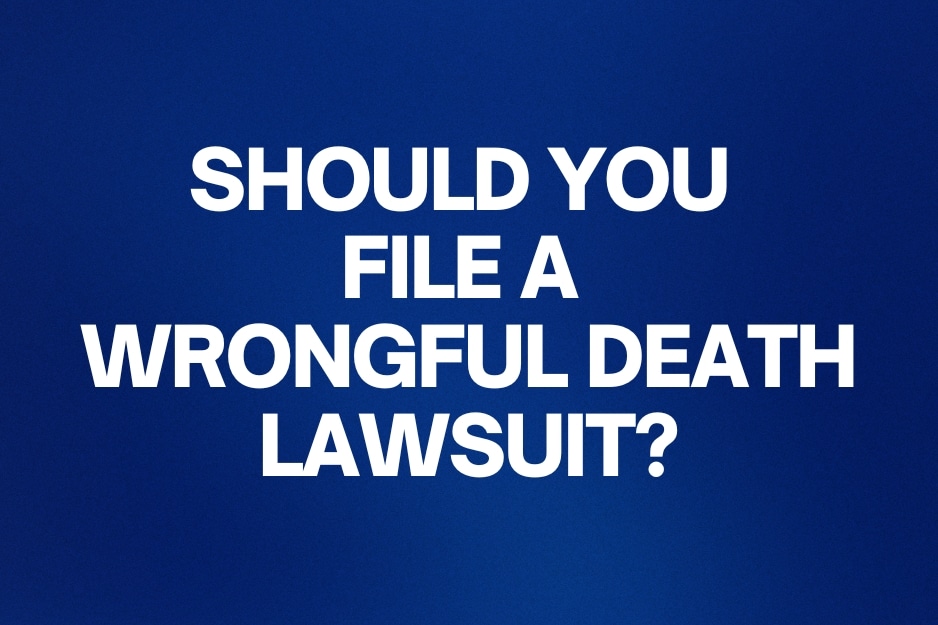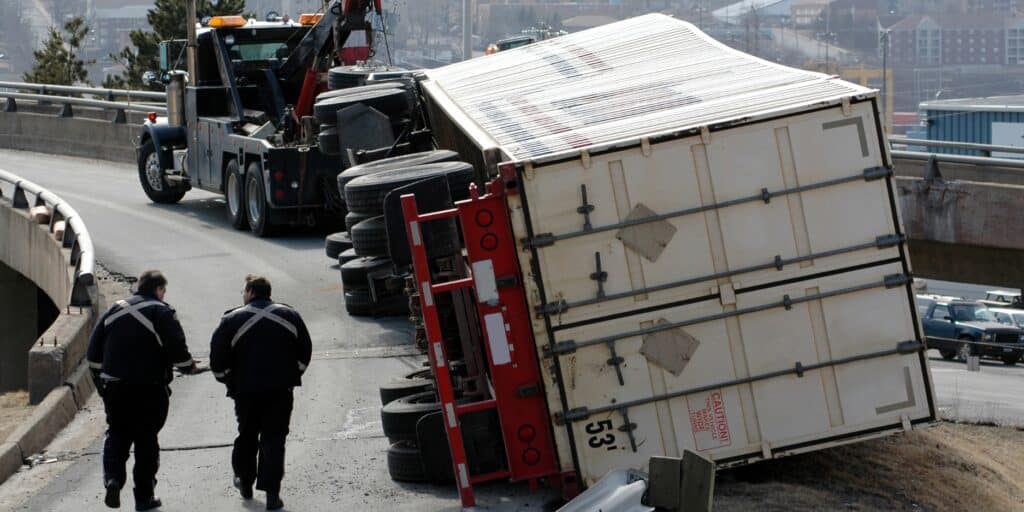
Should you File a Wrongful Death Lawsuit?
Wrongful death statutes play a vital role in ensuring justice for families who have lost a loved one due to another’s negligence or harmful actions.
Without these statutes, families historically had no legal recourse for such devastating losses, leaving an appalling implication—it was cheaper for defendants to cause death than injury.
That changed in 1852 with the Maryland Wrongful Death Act, now codified at § 3-901 of the Maryland Courts and Judicial Proceedings Article.
This statute provides a separate cause of action for certain family members of a deceased individual, independent of standard personal injury claims.
Maryland’s wrongful death statute empowers surviving family members to seek compensation for their profound loss when another person’s negligence leads to death. If you’ve lost someone due to another’s actions, it’s essential to understand your rights under this law.

Who Can File a Wrongful Death Claim? Understanding Eligibility
The determination of which family members are eligible to file a wrongful death claim is explained in § 3-904 of the statute. Eligible parties are categorized into primary versus secondary beneficiaries.
Primary beneficiaries are defined as the decedent’s spouse, parents, and children, as they are viewed to have suffered the most direct harm and impact from the loss of a loved one.
Secondary beneficiaries are defined as financially dependent family members, such as siblings, relatives, or individuals related by marriage to the decedent.
Evidence documenting (or illustrating) the close relationship to the decedent is required for secondary beneficiaries in order to show a strong dependency on the loved one and the negative impact of the loss.
What are the Statute of Limitations for Filing a Wrongful Death Lawsuit?
Statutes of limitations set clear time frames within which eligible parties can bring a cause of action. For Maryland wrongful death claims, the statute of limitations is within three years of the decedent’s death.
Failing to adhere to this time frame will typically result in a complete and final bar of the claim.
Importantly, wrongful death actions are not derivative claims to recover for the harm that the decedent experienced prior to his or her death.
Instead, wrongful death actions are for the surviving family members who have experienced the loss of their loved one. It is a separate claim from the decedent’s own claim before his or her death.
Thus, even if the statute of limitations has passed for the decedent’s own claim, family members can still pursue an independent wrongful death claim within the time frame of three years from the date of the decedent’s death.

What are Recoverable Damages in a Wrongful Death Claim?
The purpose of wrongful death claims is to compensate designated surviving family members for the harm they have experienced from the loss of their loved one.
Economic damages compensate beneficiaries for calculable losses due to the death of a loved one. They include:
– costs such as funeral expenses
– the loss of the decedent’s expected earnings
– financial contributions
– other benefits.
Non-economic damages refer to the intangible harm that beneficiaries experience from the loss of their loved one. They can include:
– pain and suffering
– grief
– loss of companionship
– emotional support
– loss of consortium
Due to the non-quantifiable nature of non-economic damages, Maryland juries are instructed to allocate a reasonable figure (within the state cap of $920,000 for non-economic damages) for the beneficiaries’ emotional suffering.

Maryland Wrongful Death vs. Estate Claims: Key Differences Explained
Wrongful death claims and estate claims are often confused, but they serve distinct purposes under Maryland law.
Wrongful death claims allow family members to pursue legal action for the harm they suffered due to a loved one’s death caused by negligence or a wrongful act. Compensation from these claims is paid directly to the beneficiaries named in Maryland’s wrongful death statute.
On the other hand, estate claims involve funds allocated to the deceased’s estate, either through a will or, if no will exists, Maryland’s intestacy laws.
These funds are distributed according to legal directives. It’s important to note that someone who may not qualify as a beneficiary under the wrongful death statute could still receive a portion of damages from the estate if they are named in the deceased’s will.
If there is no will, intestacy laws determine the distribution.
Key Takeaway: Even if an individual isn’t eligible for compensation under a wrongful death claim, they may recover damages from the estate if their share is identified in the will or through intestacy laws.
For guidance on wrongful death or estate claims, contact an experienced attorney to ensure your rights are protected, and the legal process is fully understood.
Wrongful Death Lawyers Fighting for Justice for Families
If you have lost a loved one due to another person’s negligence or misconduct, call us today at 1 (800) YOST-LAW (1-800-967-8529) or fill out the Free Consultation form on our website.
A Baltimore wrongful death lawyer will contact you shortly for your free case review. It is essential to know your legal options.
The Yost Legal Group can help guide you through your wrongful death claim.
Wrongful Death Attorneys – Wrongful Death Law Firm – Wrongful Death Litigation
Wrongful Death Lawsuit Lawyers – Suing for Wrongful Death – Accidental Death Attorneys